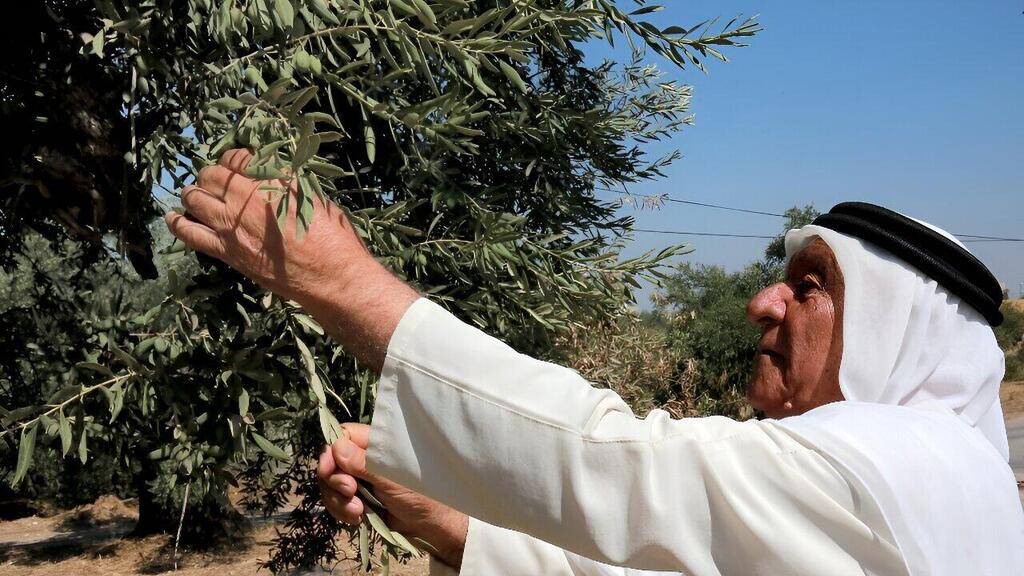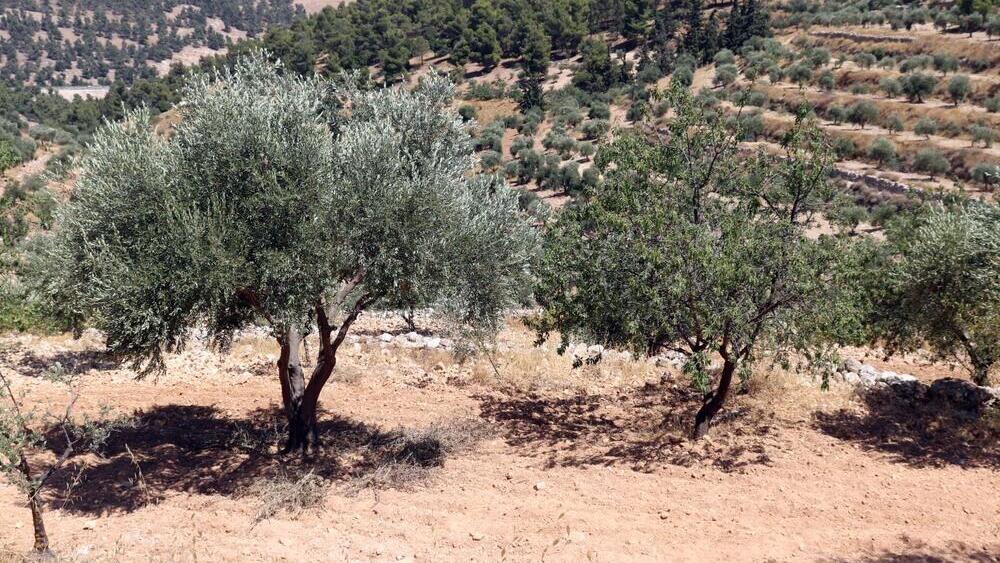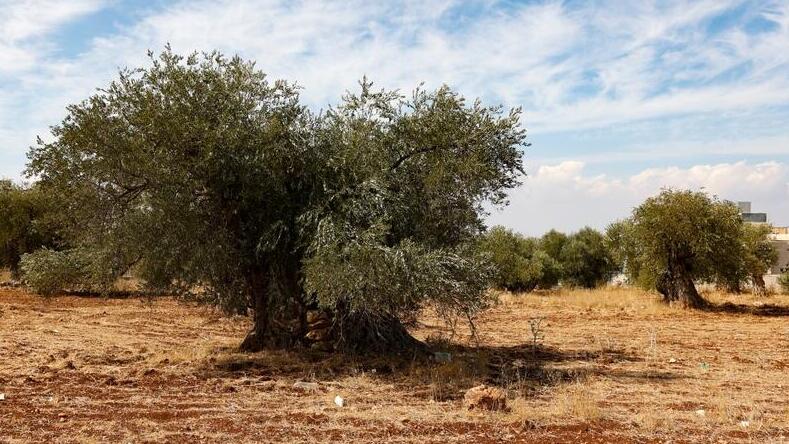Olive trees, revered and almost sacred in Jordan, face threats from climate change and deforestation. Efforts are urgently underway to save and protect these ancient trees, some over 2,000 years old, across the kingdom.
More stories:
Each morning, Ali Salih Atta swallows two cloves of garlic with a glass of olive oil before heading out to tend to his ancient olive grove. "These trees represent Jordanian history," the 84-year-old farmer tells the AFP.
While cherished as a national symbol, these trees also face threats from urbanization, illegal felling for heating, and uprooting so they could be planted in the gardens of Jordan's wealthy.
Atta's grove, located in the secluded, forested Al Shimiyya area, lies about 70 kilometers (43.5 miles) northwest of Amman, the capital. "I have given my children and grandchildren a written will that after my death, you preserve them and (live) from what they produce," the father of 10 says.
Jordan is the tenth-largest producer of olives globally, according to the World Olive Council (IOC). Its trees have survived for thousands of years and are an integral part of the country's identity and culture.
Nizar Haddad, director general of the National Agricultural Research Center, says there is hardly a garden in the country without an olive tree. "We were raised from childhood on this culture," he tells the AFP.
But adds that the trees' beauty is now putting them in danger. "Some hotels, villas, businessmen and companies like to add a touch to their institutions' decoration, so they buy such trees and transport them to their property," he says.
The issue is that many trees don't survive relocation, prompting the introduction of protective legislation.
"New Jordanian legislation protects these trees from being uprooted or removed, and there is coordination between the Ministry of Interior, our center and the police to prevent transport operations except in very exceptional cases," Haddad says.
Jordan is home to approximately 11 million olive trees, covering 20% of its farmed land. These groves yield 50,000 tons of olives and 25,000 tons of olive oil each year, contributing $120 million to the nation's economy annually.
The oldest olive trees date back to the Roman Empire's reign, well before the advent of Islam. Haddad notes that these trees hold symbolic significance for both Muslims and Christians.
"These trees must be preserved so that they can remain a source of inspiration for the community, especially since they are the type capable of adapting to all the environmental challenges facing not only our region but the world," he says.
Researchers discovered that the Mehras olive trees share a common ancestor with those in Italy, Cyprus, and Spain. Jordan's Ministry of Culture is striving to add the nation's olive trees to UNESCO's Intangible Cultural Heritage List, hoping this recognition will bolster their protection.
The kingdom is developing a plan to engage the public by attaching a QR code to each locally produced olive oil bottle. This code will provide information about the tree's location, the owner's name, its history, including the tree's age and the oil's quality.
"We will not only sell olive oil," Haddad says, "but we spread a relevant story through which we can fully market our country."





